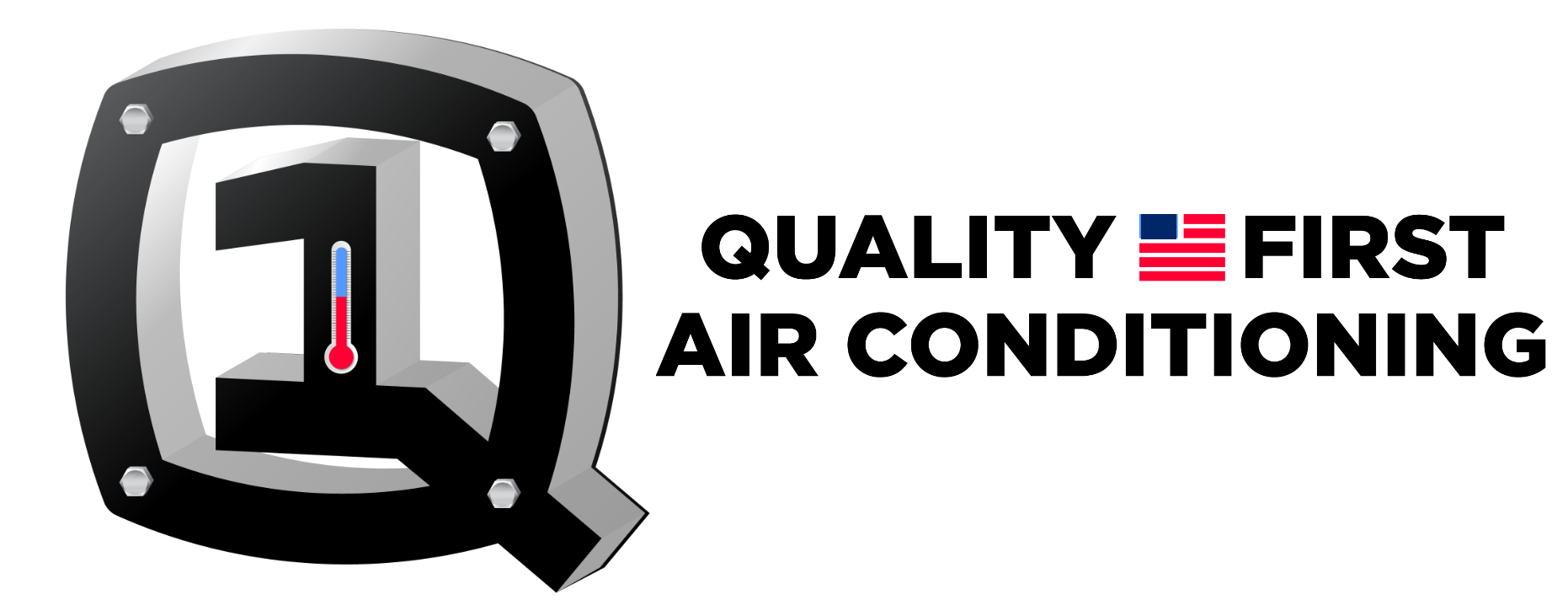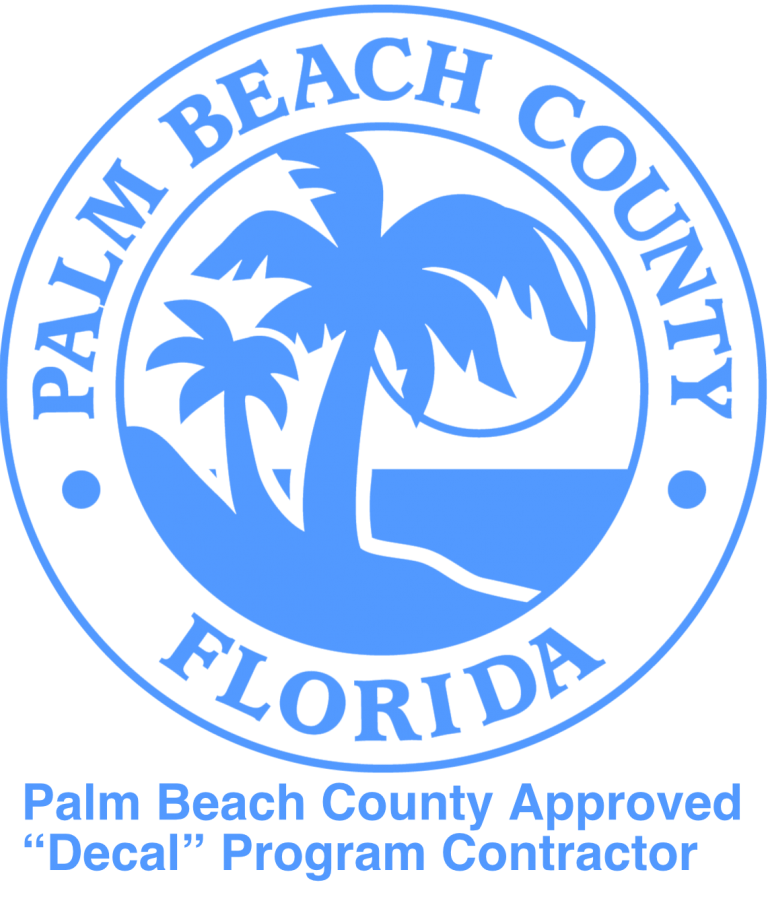Curled up on the couch, enjoying a cool breeze from your air conditioner, only to find it covered in ice. Ever wondered why this happens? A frozen AC unit can be frustrating and disruptive, but understanding the root cause of the freeze can save you time and money. From low refrigerant levels to restricted airflow, various factors can lead to your air conditioner freezing up. Don’t sweat it; we’ve got you covered with insights on troubleshooting, fixing, and preventing this icy dilemma. Stay tuned for expert tips on keeping your AC running smoothly all summer long.
Key Takeaways
-
Regularly check and clean the air filters to prevent airflow blockage, a common cause of air conditioner freezing.
-
Thaw a frozen AC unit by turning off the system and running the fan to help melt the ice buildup.
-
Address underlying issues like low refrigerant levels or faulty components promptly to avoid recurring freezing problems.
-
Schedule professional maintenance to inspect and service your AC system, ensuring optimal performance and early detection of potential freezing issues.
-
Maintain proper airflow by keeping vents unobstructed and ensuring adequate insulation to prevent temperature imbalances that can lead to freezing.
-
Consider installing a programmable thermostat to regulate temperatures efficiently and reduce the risk of your air conditioner freezing up.
Common Causes for Freezing

Low Refrigerant Levels
When checking for a Freon leak, look for ice buildup on the refrigerant line as a sign. Contact a professional to refill the refrigerant to correct levels and prevent freezing. After refilling, monitor the AC unit closely for any signs of freezing air to avoid further issues.
Dirty Air Filters
Regularly inspect and clean or replace air filters to prevent freezing in your AC system. Understanding the impact of dirty filters on efficiency can help you maintain optimal performance. Follow manufacturer guidelines for filter maintenance to prevent freezing problems effectively.
Blocked Vents
Identify all vents in your home and ensure they are not obstructed to maintain airflow. Consider rearranging furniture or drapes that may block airflow around vents. Maintain consistent airflow by keeping vents unblocked at all times to prevent freezing.
Damaged Wiring
Conduct a visual inspection of the wiring to check for any visible damage. Hire a professional to repair or replace damaged wiring promptly to avoid freezing. Understanding the risks associated with operating an AC unit with faulty wiring is crucial to air quality.
Clogged Drain Line
Recognize symptoms of a clogged drain line, such as water leaks or mold growth. Use appropriate methods to clear the drain line and prevent future clogs that lead to freezing. Regularly maintain the drain line to avoid AC freezing due to drainage issues.
Thawing a Frozen AC
Turn Off the Unit
-
Immediately turn off the AC when it starts freezing to prevent further damage.
-
Let the system thaw naturally before attempting any troubleshooting steps.
-
Avoid continuous operation of the AC if it is freezing up to avoid worsening the situation.
Thawing Process
-
Implement a proper thawing process by turning off the AC and running only the fan.
-
Keep an eye on the thawing progress to ensure complete defrosting of the system.
-
Patience is key during this process to prevent premature restarts that can lead to more issues.
Drying the Unit
-
After thawing, make sure the AC unit is completely dry before restarting it.
-
Utilize fans or natural airflow to speed up the drying process effectively.
-
Do not switch on the AC until all moisture is eliminated to prevent refreezing problems.
Addressing the Causes
Refilling Refrigerant
Seek professional assistance for accurate refrigerant levels assessment. Maintaining proper refrigerant levels is crucial to prevent freezing issues. Follow expert advice on refilling refrigerant to prevent future problems.
Cleaning Filters
Develop a cleaning routine based on air filter usage to maintain efficiency. Use manufacturer-recommended methods for cleaning to ensure optimal performance. Monitor the impact of clean filters on preventing AC freezing effectively.
Unblocking Vents
Regularly inspect vents for obstructions and promptly remove any blockages to ensure smooth airflow. Guarantee all rooms have unobstructed airflow for efficient cooling in your home. Consider rearranging furniture or objects that may impede vent airflow.
Repairing Wiring
Schedule a professional inspection to evaluate and repair damaged wiring in your AC unit. Understand the dangers of running an AC with faulty wiring, prioritizing safety always. Address wiring issues promptly to avoid potential hazards and prevent freezing.
Clearing Drain Line
Implement regular maintenance practices to prevent clogs in the drain line, ensuring proper drainage flow. Use suitable tools or techniques to clear any existing clogs hindering drainage. Regularly monitor the drain line for signs of blockage to prevent AC freezing issues.
Preventing AC Freezing
Change Filters Regularly
Regularly checking and changing air filters is crucial for preventing AC freezing. Clean filters ensure proper airflow, reducing the risk of freezing issues. Establish a maintenance schedule to stay on top of filter replacements for optimal performance.
Schedule Maintenance
Maintaining a regular schedule with HVAC professionals is essential for preventing AC freezing. Prioritize preventive maintenance to address potential issues before they lead to freezing problems. Keeping detailed records of maintenance appointments helps track system health and follow-up recommendations effectively.
Inspect HVAC Airflow
Periodically inspecting the system’s airflow is key to avoiding AC freezing. Ensure proper airflow throughout the HVAC system to prevent any restrictions that could lead to freezing. Understanding the link between airflow and AC performance helps in maintaining a freeze-free environment.
Clean Evaporator Coils
Incorporating evaporator coil cleaning into routine maintenance routines is critical for preventing freezing. Using suitable cleaning methods preserves the coils’ integrity and prevents damage that could result in freezing issues. Regular monitoring of evaporator coil cleanliness is vital in ensuring efficient AC operation without the risk of freezing.
Watch the Forecast
Staying informed about weather forecasts can help anticipate potential AC freezing issues. Adjusting AC settings based on external temperatures can prevent the system from freezing up during extreme weather conditions. Seeking professional advice on optimizing AC usage during temperature fluctuations ensures efficient cooling without risking freezing.
Final Remarks
After learning about the common causes of your air conditioner freezing up, how to thaw it, address the root issues, and prevent future occurrences, you are now equipped to keep your AC running smoothly. Regular maintenance and prompt action can save you from the hassle of dealing with a frozen unit. By staying proactive, you ensure your comfort and extend the lifespan of your air conditioner.
Take charge of your cooling system by implementing the tips provided. Your diligence in maintaining your AC will not only prevent freezing but also optimize its performance. Keep these strategies in mind to enjoy a consistently cool and efficient air conditioning system. Stay vigilant, and your AC will thank you with reliable operation for years to come.
Frequently Asked Questions
Why does my air conditioner freeze up?
When the airflow is restricted, the evaporator coil temperature drops below freezing, causing moisture in the air to freeze on the coils. This can happen due to dirty filters, low refrigerant levels, or issues with the fan.
How do I thaw a frozen AC unit?
Turn off the AC system and let it thaw naturally. You can also speed up the process by using fans or gentle heat sources. It’s crucial not to attempt to chip away ice as this can damage the coils.
What are common causes of an air conditioner freezing up?
Common causes include dirty air filters, low refrigerant levels, blocked vents or ducts, malfunctioning thermostats, and issues with the fan motor or blower. Regular maintenance can help prevent these problems.
How can I prevent my AC from freezing?
Regularly change or clean air filters, ensure proper airflow by keeping vents unblocked, check refrigerant levels annually, and schedule routine maintenance with a professional HVAC technician. Maintaining good airflow and temperature settings is key to preventing freezing.
Should I try to fix a frozen AC myself?
It’s best to leave complex AC issues like freezing up to professionals. Attempting DIY fixes without proper knowledge can lead to further damage. Contact a licensed HVAC technician who can diagnose the root cause and provide safe and effective solutions.


























